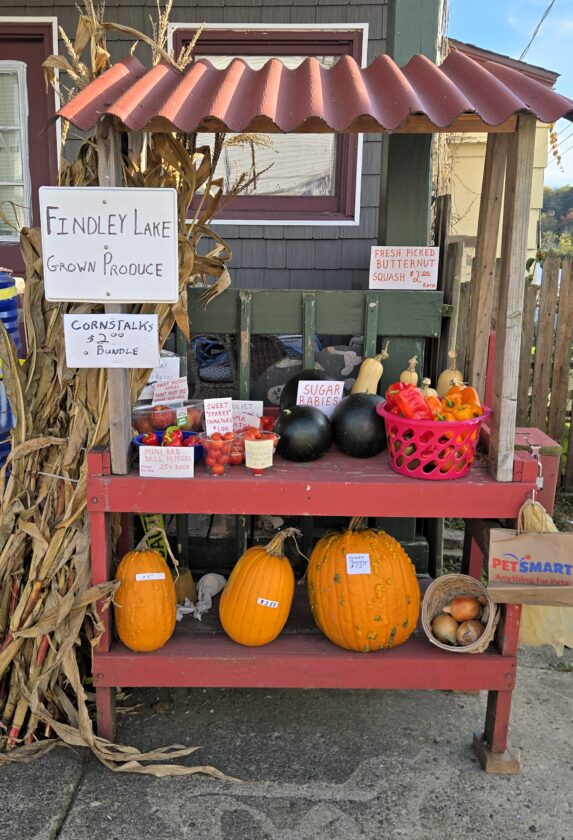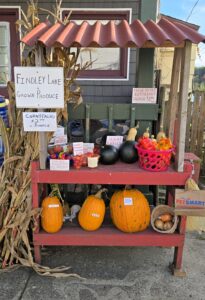WACS looks to team with area farmers

Local produce for lunch is on the menu at Westfield Academy and Central School
- Local produce for lunch is on the menu at Westfield Academy and Central School
- Local farmers who sell their goods at produce stands and markets may now be able to partner with Westfield Academy and Central School in its Farm-to-School program.
Melquist posted an invitation to local farmers based on a program created by WACS Food Service Director and District Wellness Coordinator, Heather Catalano. “Our goal is to provide nutritious meals while supporting the local agricultural community!” Melquist added.
Catalano, who has served in her position at WACS for nine years, said she has wanted to initiate a program like this for some time. “Living in a small town surrounded by beautiful vineyards really reminds us how lucky we are to be part of such a rich agricultural community,” she said. “Farm-to-School is more than just a program, it’s a way to bring that local abundance right into our cafeteria.”
Serving produce grown by local farmers benefits students in many ways, Catalano said. “When students see fresh produce on their trays and know it was grown just down the road, it builds a real connection to where their food comes from,” she said.
Because local produce is harvested closer to peak ripeness, it tastes better and is more likely to encourage students to eat fruits and vegetables, Catalano said. “Including fresh, whole produce in meals naturally reduces reliance on processed foods, high in sugar, sodium and unhealthy fats. When kids eat healthy food daily, it reinforces lessons about nutrition and healthy habits that are taught in school.”

Local farmers who sell their goods at produce stands and markets may now be able to partner with Westfield Academy and Central School in its Farm-to-School program.
Purchasing from local farmers can reinforce the curriculum by connecting meals to lessons about agriculture, sustainability and local economics, Catalano said. “Relationships between schools and local farms foster stronger community ties and pride,” she said. “Students gain a better understanding of where food comes from, how it is grown, and the value of seasonal eating.”
Catalano also emphasized that this program benefits the local community. “I’m happy to support local farms and serve fresh, local produce to our students whenever possible,” she said. “Money spent on local produce stays within the community, strengthening local economies and farming families.”
Catalano said pricing is a collaborative process. Farmers may propose a price based on cost of production and availability, but the school also operates within a set budget.
“The goal is to find a balance, paying farmers fairly for their high quality local produce, while staying within what’s financially sustainable for our meal program,” she said. “Each farmer will be different, so I’m willing to put in the work that it will take to get their produce on the trays.”
Catalano said she hopes many local farmers can deliver their produce to the school, but she is also willing to pick up fruits and vegetables, if necessary. “Open communication will be the key. I aim to build strong relationships with local producers where both sides understand each other’s needs and limitations,” she said.
Catalano said the produce provided by local farmers must meet the quality standards of the school. “We do reserve the right to reject any produce that doesn’t meet our quality or safety standards,” she said. “That includes items that are spoiled, damaged or improperly handled.”
Catalano stressed the program is a partnership and quality is essential to making it work. “I understand that locally grown produce will have imperfections, unlike what you might find in the store,” she said. “My team and I are more than prepared to process and fabricate the product we receive, to make it appealing to the student body.”
Catalano said she would like to work with as many local farmers as possible. “I encourage farmers and community members to reach out to me directly so that I can begin to make a list of area farmers who would like to sell their produce to Westfield Academy and Central School.”




